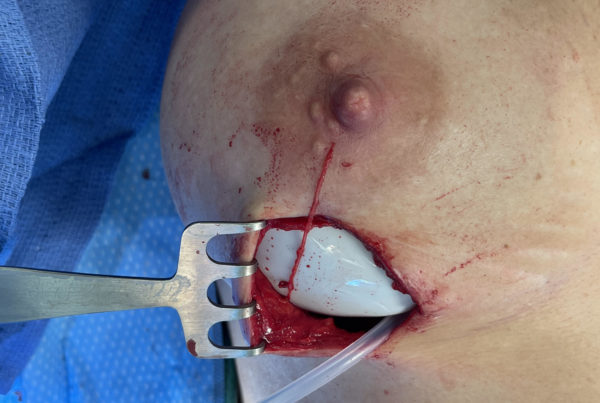Perhaps one of the most common questions I get asked is, “What is recovery like?” How much time do you have? There are so many facets to this question that it is often something worth spending a bit of time on with your surgeon before any operative procedure. While I wish there were a single, short answer, the reality is somewhat the opposite. In order to make sense of these often intricate and nuanced possibilities, I think is it helpful to think about two general time sections: what happens to nerves before and during an operation and secondly, what happens to the nerves after an operation. Within these two categories of time, there are many reasons as to why recovery can vary so much.
First, there is no one headache operation – there are quite a number of procedures involving any of 14 primary nerves in the head and neck and so the recovery from any particular operation can differ. For example, if you have surgery on the greater, lesser and third occipital nerves on both sides, one can imagine that the recovery would be different when compared with surgery on the auriculotemporal and zygomaticotemporal nerves on one side alone. The variability increases when you consider that for each of these nerves, they may be decompressed or transected and buried into muscle. Second, we are all individuals and as such, we all heal differently. Stated differently, if you are young and healthy, recovery may be faster because your nerves regenerate more quickly when compared with a person who is considerably older with multiple medical problems that may slow nerve healing such as diabetes. Third, the length and degree of nerve damage varies considerably from person to person. If you have had symptoms for 12 months and they have only recently gotten to the point of being debilitating, that might indicate a certain degree of pathology. In contrast, if your symptoms have been severe for 25 years, that would suggest a much greater degree of pathology.
Once the operation is complete and the healing starts, there are whole host of other factors that can affect recovery. In general, nerves often take many months to heal and the variability can be noticeable from nerve to nerve. I have written about this former phenomenon in prior blog posts (“Why Do Nerves Take So Long to Recover“). To add to some of the comments from that post, a related question I have gotten is, “Why are there so many ups and down with regard to sensation and pain during the recovery process?” Well, initially the manipulated nerves can be “stunned” and stop working. This phenomenon has a medical term – neurapraxia. Therefore, initially, when the nerves are “stunned”, pain may be minimal and recovery may seem like a breeze, albeit with some loss of sensation. However, as the nerves start to function again, the pain can return and for a time, may be the same or worse than before the operation, because now the nerves are working, but not quite efficiently yet. And because impulses are not being efficiently conducted, some days are good and others not so much. This process of functioning more efficiently takes time. With regard to the latter phenomenon, recovery can be a function not only of degree and duration of compression (as noted in prior posts), but the functional/sensory capacity of a specific nerve. For example, my colleagues and I have often discussed the fact that the ulnar nerve in the upper extremity usually takes longer to recover function and sensation from surgical manipulation than the median or radial nerves (other main nerves in the upper extremity). We believe that because the ulnar nerve is responsible for so many different and fine motor as well as sensory functions, when it is even a little bit injured, the results in terms of symptoms that the patient experiences are more noticeable when compared with a nerve whose functions are much less delicate. The same thing may be going on with sensory nerves in the head and neck post-operatively. Since we do not have time to write a War & Peace length treatise on nerve recovery, the take home message is this: Patience is key when it comes to healing from headache/migraine surgery. In the overwhelming majority of patients, it is several months before any benefits are realized and understanding this process can help you keep your sanity following your procedure. Hope that helps.





